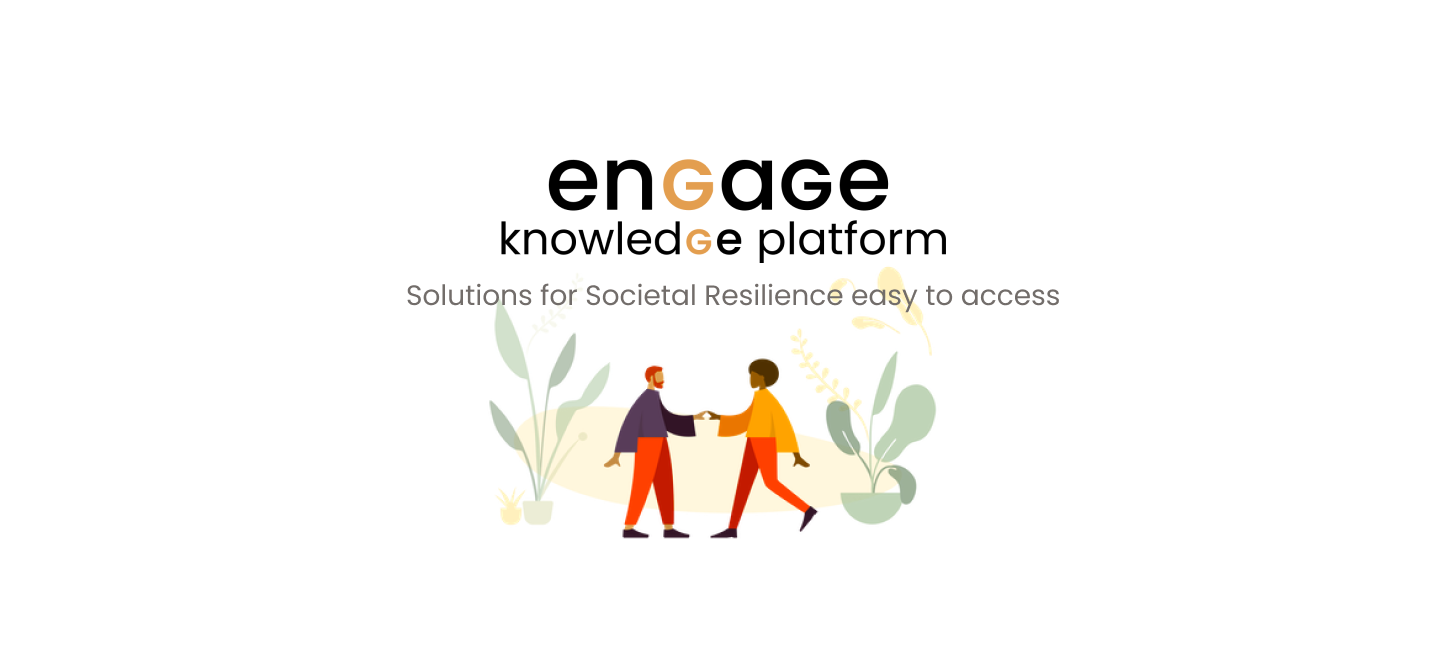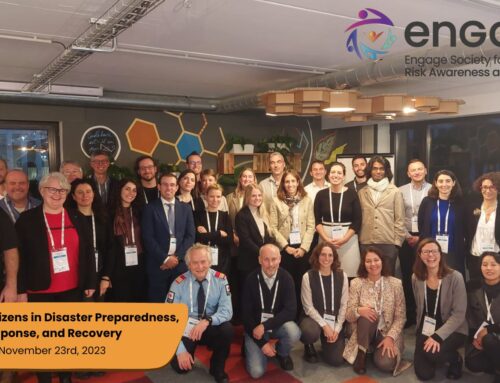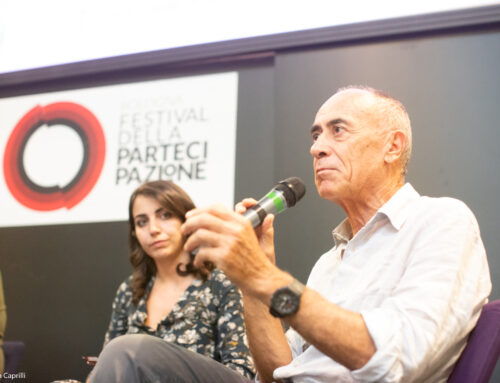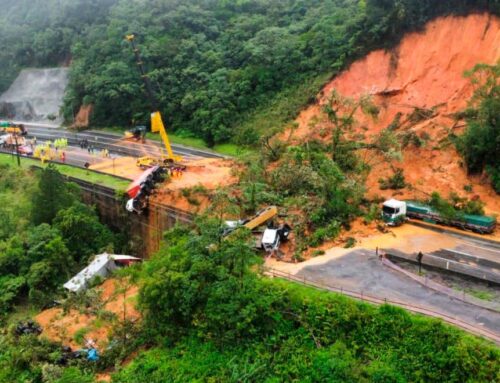The ENGAGE project is constantly working to produce actionable knowledge on societal resilience. After an intense year of research that involved more than 4000 first responders, the partners within the consortium have identified a the most relevant solutions for strengthening the collaboration within society when responding to disasters. that have been successfully employed during crises in different European countries. From this material, an initial Catalogue of Solutions was created. This first version will be further integrated throughout the duration of the project. The catalogue will contain a variety of impactful validated solutions that were used in the past to face crisis and hazards. The associated available knowledge will help to mitigate future crisis scenarios.
In order to make this knowledge always available and easily accessible a dedicated space for information sharing is being built: the ENGAGE Knowledge Platform.
The DBL Team is working on research, design and development of the platform that will soon be available on the Engage Project Website.
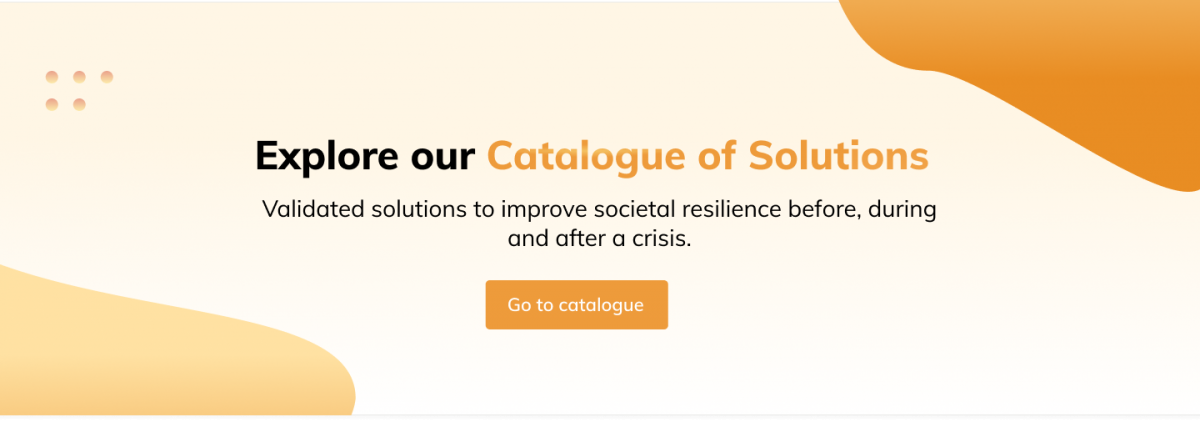
Risk Awareness, easy to access
The ENGAGE Knowledge Platform is an interactive repository designed to operationalize knowledge on societal resilience produced by the Engage Project. The main functions of the platform are to host the Catalogue of Solutions, provide a smart navigation and smart search through the solutions.
Target users of the service are several actor within the society that are involved in disaster risk management. It mainly addresses first responders, policy makers and NGOs, but can also provide valid support to citizens’ risk awareness and scholars’ research. For this reason, the user experience of the platform is entirely tailored on the needs users might have before, during and after a crisis.
On the homepage the users is asked to select the profile that represents them best and are then guided through a series of questions that help the platform to identify the specific user needs. According to the defined criteria, the algorithm selects the most suitable solutions for each case. Each solution is described in details and categorized according to different intervention types, kind of hazards, targeted users and phases during the crisis they can be applied in. It is shown how the solutions were implemented during past crises, what contextual and target factors played a role and which adaptations would be needed to utilize them in different cultural settings. In order to make this content easily accessible, a system of filters and tags allows users to easily navigate them and quickly find the best solutions for each scenario.
Stories on Resilience
Since storytelling is a powerful communication strategy, stories of disaster management and societal resilience will also be hosted. They allow users to read about past experiences and easily access the technical knowledge behind the solutions implied.
Use cases and case studies will also favor a quick understanding of the context and application of each solution in relation to target and contextual aspects. The stories and solutions will be interlinked, making it easy to navigate from one source of information to the other. First responders, authorities, citizens and researchers will be accommodated in finding the information they need.
Here is an example of how the knowledge platform can be used in the future:
An authority looking to increase risk awareness within a specific region can browse through the knowledge platform and find solutions that have been employed in other areas and read about real use cases describing the implementation and impact different solutions had.
The Knowledge Platform will be available on the ENGAGE Website in the upcoming months. Stay up to date with our press release and discover a new way to disaster risk management. Learn more on our research on our latest project video.
Authors: Ilaria Bonanno, Tatjana Beuker (DBL)

